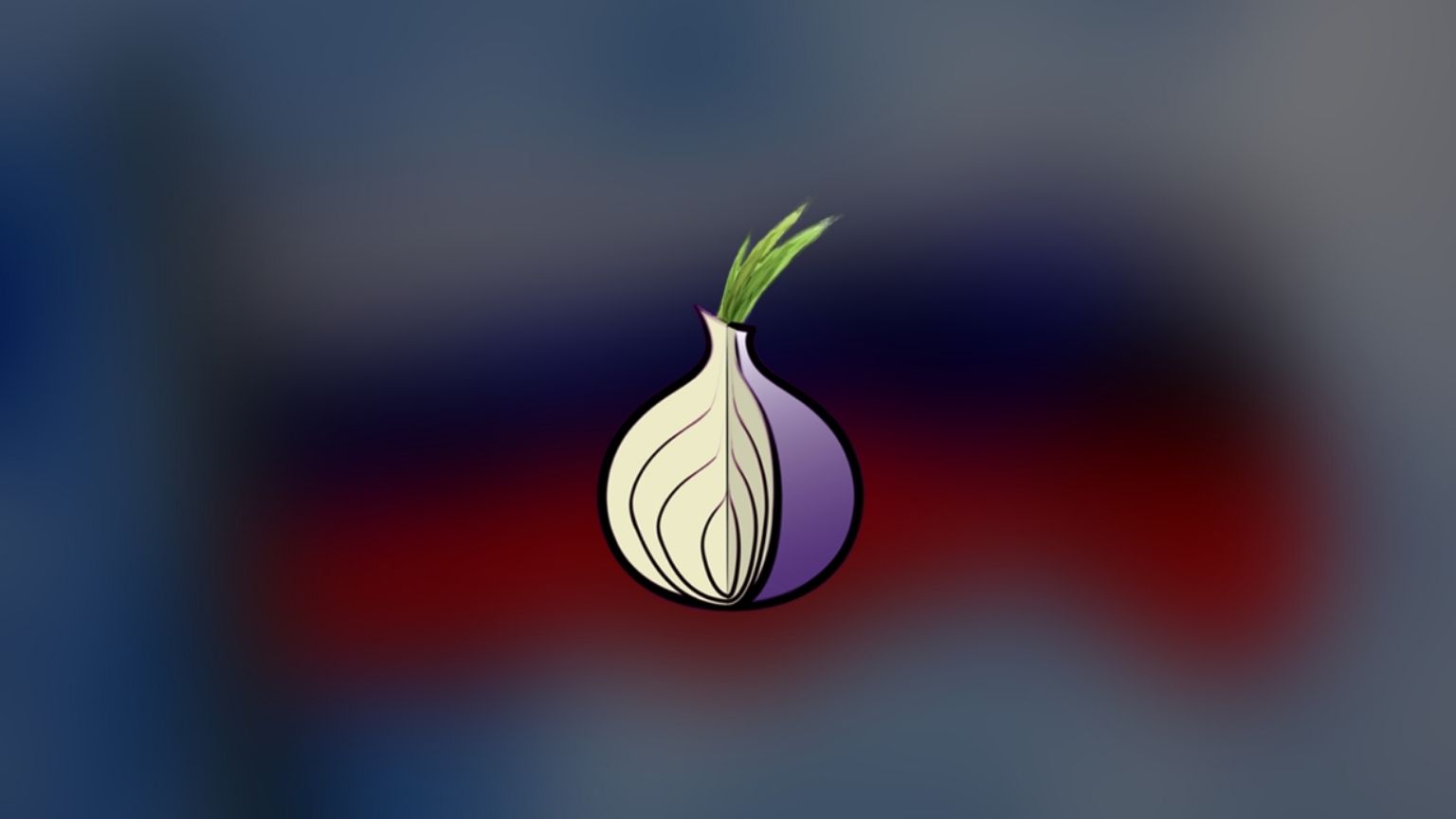The Tor Project, which is behind the Tor network and browser, has announced that its main website has been blocked country-wide in Russia.
This happened after access to Tor started to be blocked by some ISPs in Russia at the beginning of this month, while the decision to block the main website was made by Russia’s communications and media regulator, Roskomnadzor, a blog post said.
Those accessing Tor in Russia – which is said to have the second largest number of Tor users – are instructed to go to a mirror site in order to bypass this instance of censorship.
Before the blanket block was imposed on the torproject.org site, Tor called its users to action in order to respond to Russian authorities’ moves and allow the 300,000 daily users in that country to continue to use the service.
Tor is free and open software that directs internet traffic through a worldwide overlay network for the purpose of hiding network traffic and users’ location, thus allowing anonymous online communication.
In order to counter censorship of the network, Tor has a campaign called, Help Censored Users, Run a Tor Bridge, that urges volunteers to run more Obfs4 bridges – that add another layer of encryption between a user and their bridge, randomizing traffic.
Even though the campaign had been a success before the Russian government’s block, with over 400 new bridges spun up, the country-wide censorship requires many more bridges – private Tor relays – to make sure Russians can circumvent it.
For this reason, Tor is calling on everyone who considered spinning up a bridge to do it now, and provides instructions on how to do that.
At the same time, Tor invited digital security trainers and internet freedom activists to help prevent phishing operations via fake Tor browsers, and also to counter disinformation about Tor. The focus is now on users in Russia and in order to disseminate information about using the official browser or a mirror, and about Tor bridges, more Russian language translators are also needed.
Users in that country are also advised to use the Open Observatory of Network Interference, OONI, to help discover if and how the ISPs are blocking Tor.
“International digital rights and human rights organizations must pressure Russia’s government to immediately revert this censorship,” the project said.













